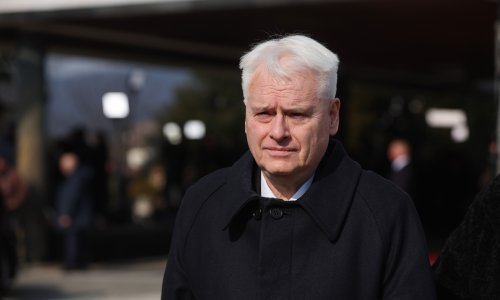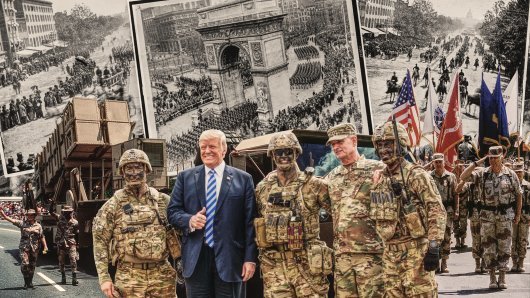During this week's tour of the region, German Chancellor Angela Merkel did not visit Bosnia and Herzegovina because she is disappointed by its political leaders but expects Bosnian neighbours, primarily Croatia, to assume the mediator role in the settlement of the disagreements in Bosnia, Bosnian media said on Wednesday.
German MP Reiner Stinner told Sarajevo's Dnevni Avaz that Merkel's non-arrival in Bosnia was a sort of message to the public, while the visits to Croatia and Serbia were a positive sign for the region.
Stinner said Merkel did not come to Bosnia because she was very disappointed by the fact that her efforts had come to nothing and things were not improving. He added that Merkel had been involved in negotiations with Bosnian political party leaders, who have not been able to agree on government formation 10 months after elections.
Stinner said that had been a precedent in Merkel's activities, making her all the more disappointed by the lack of results.
Banja Luka's Nezavisne Novine said Merkel decided to seek Croatia's help because of the negative experience from the unsuccessful talks with the political leaders in Bosnia that were held in Berlin in late 2010 and early 2011.
Citing unnamed European sources, this daily said Merkel asked Croatian President Ivo Josipovic during her visit to Zagreb to be her "main lever in the attempt to reconcile the irreconcilable positions of the political leaders in Bosnia and Herzegovina." The daily said the statement issued on the website of Merkel's office after the meeting with Josipovic indirectly confirmed its claims.
"What next with Bosnia and Herzegovina? How to solve the Kosovo issue? ... Because of these issues, exchange of opinions between these two countries in very important. We want success and this is a joint Croatian-German project," Nezavisne Novine cited from the statement.
Representatives of some political parties in Bosnia praised indications that Croatia could play a more active role in the solving of the Bosnian crisis.



































